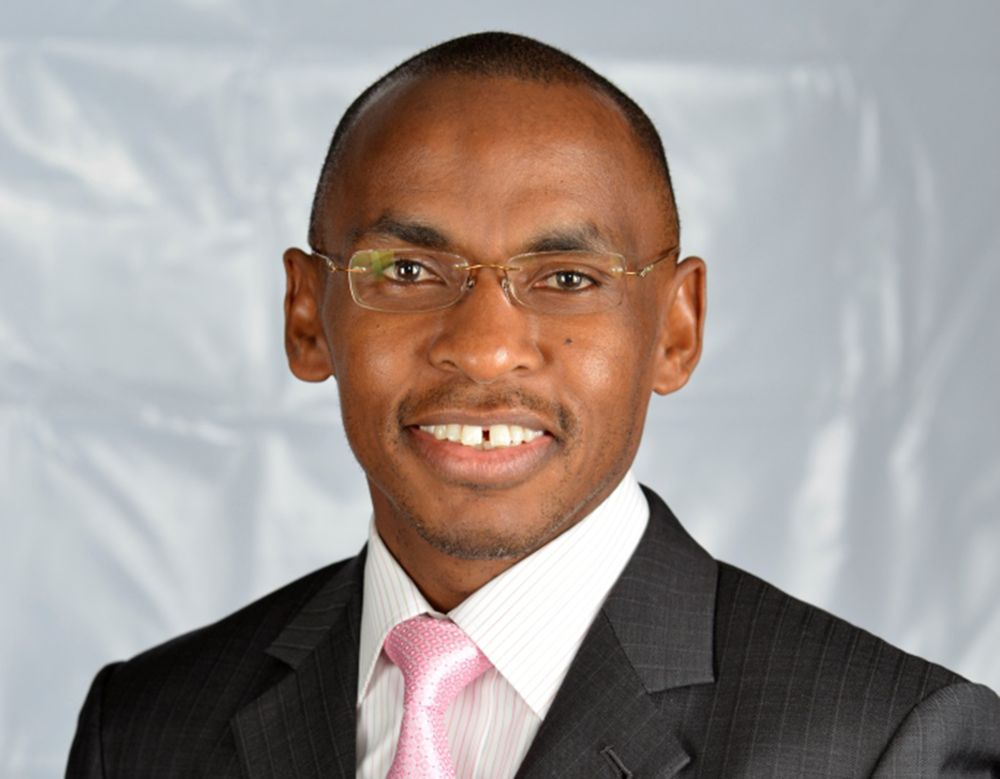South African Regulator Apologizes After Crypto Gaffe
South Africa’s Financial Sector Conduct Authority (FSCA) has apologized to a Cape Town-based crypto startup, Ovex, less than 24 hours after warning that the firm was operating outside the law. In its retraction, the financial watchdog said the findings of an investigation into Ovex, which specializes in crypto arbitrage services, suggest that the firm is operating outside the FSCA’s purview.

The statement says:
Based on the information provided by Ovex we are satisfied that Ovex does not currently require a licence from the FSCA, as its business activities fall outside the current jurisdiction of the FSCA. The previous media release has been retracted.
Read also:Crypto-Tsunami: Over 247,000 Investors Lose $1.7 billion
Meanwhile, the FSCA’s about-face comes after its head of enforcement, Brandon Topham, was quoted in the local media defending the regulator’s initial handling of the matter. Responding to a media inquiry, Topham admitted that the issuing of the warning did not mean Ovex was “operating unlawfully.” Instead, the warning statement, according to Topham, was intended to urge the investing public to be cautious when dealing with Ovex “as they are making claims of returns.”
However, according to a report, the FSCA executive did admit at the time that the regulator might have “jumped the gun” and that an amendment to its warning statement would be made once more information was obtained.
In the meantime, the same report also carried Ovex’s initial response to the “damaging” warning that it said was “issued without giving the company time to respond to questions sent earlier in the week.” In its statement, Ovex said:
Read also:South Africa Perfects Plans To Block WhatsApp’s New Privacy Policy
It seems [as if] there may have been panic, and the announcement was made without proper process. Ovex always acts in a 100% compliant, legal, and ethical manner, seeking legal and compliance advice with every action.
The crypto firm also said it had stopped its advertising campaign until this issue was resolved and that it expected the FSCA to issue a full retraction.
Kelechi Deca

Kelechi Deca has over two decades of media experience, he has traveled to over 77 countries reporting on multilateral development institutions, international business, trade, travels, culture, and diplomacy. He is also a petrol head with in-depth knowledge of automobiles and the auto industry



















